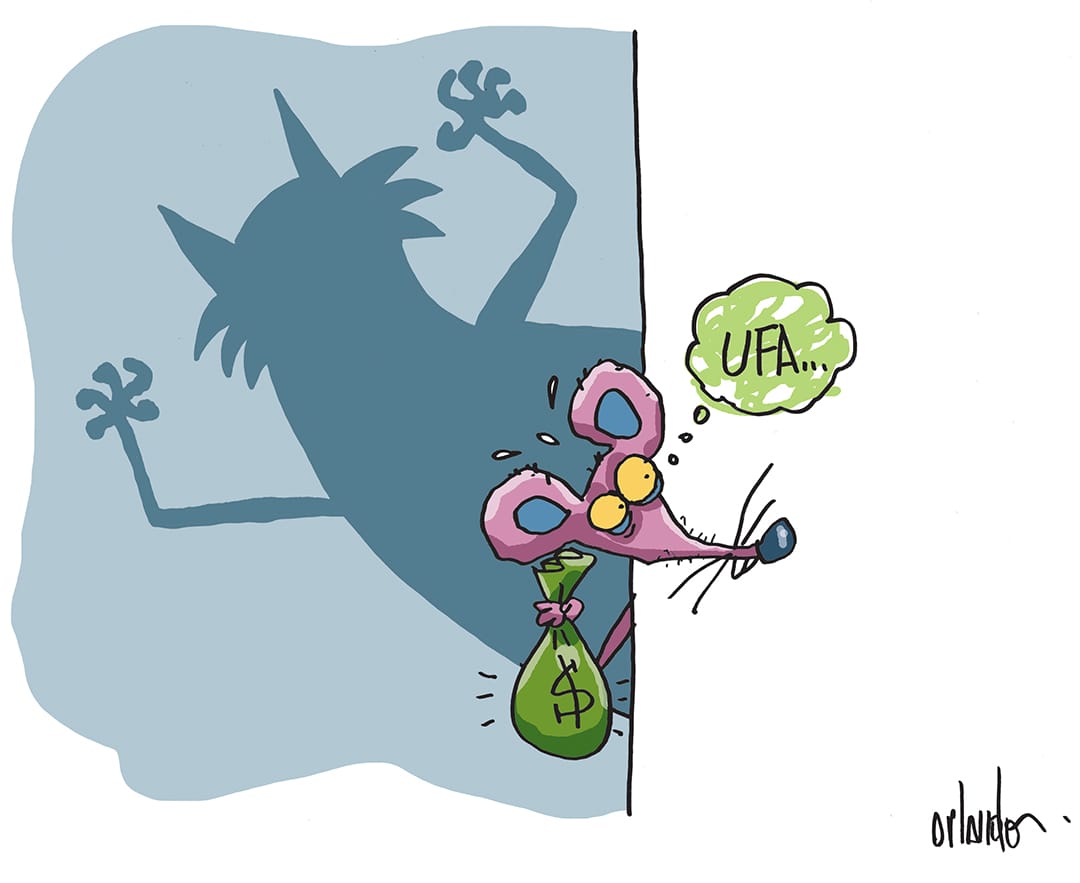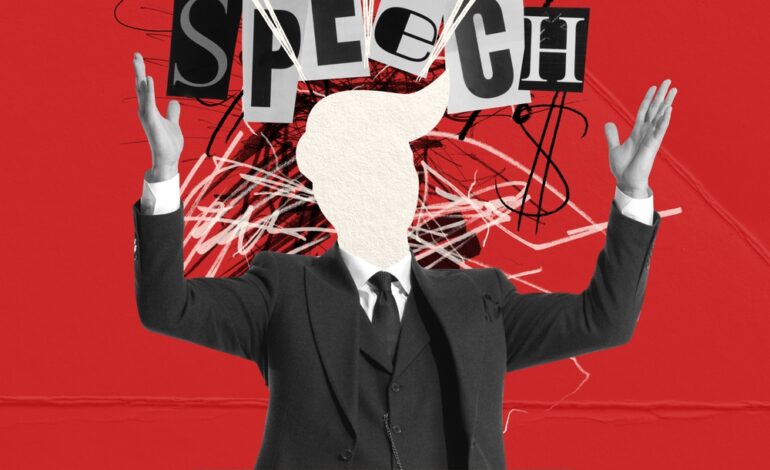Capital is fearful

This week saw a large outflow of foreign capital from the stock exchange. It's estimated that around 20 billion reais have gone out, despite the good figures presented by the Brazilian economy. The country had a difficult quarter, but it was more positive than expected. The market's expectation of GDP growth of 1.7% in 2024 is now 1.9%. Annual inflation should remain within the range of around 3.5% and the Central Bank should maintain its policy of reducing interest rates. In other words, the economy shouldn't boom this year, but it will be better than expected and somewhat stable.
The market's explanation for this contradictory movement on the Brazilian stock exchange is that the US is unlikely to cut interest rates any time soon and the Brazilian government's "fear of interventionism", thanks to the recent scandal over Vale's change of directors and Petrobras' decision not to distribute extraordinary dividends.
The issue of American interest rates is understandable, since this is the safest financial market in the world, where fearful capital rushes to at the slightest sign of dissatisfaction. Now, this resumption of the discussion about Petrobras' dividends, which would have made the market angry - here we have a false etymology, because angry doesn't mean full of feces.
The rhetorical pirouettes of press commentators defending the primacy of Petrobras' minority shareholder with obsolete arguments are embarrassing, to say the least.

Corporate governance focused on the short term, through quarterly results, has weakened market economies by shortening companies' planning horizons. This model has produced a concentration of wealth, a distortion of corporate management and an increase in operational insecurity. Companies have lost good blue-collar jobs to the insatiable culture of cost-cutting. The American and Boeing cases demonstrate this effect.
Aware of these results, the US business community Business Roundtable announced its "New Statement on the Purpose of a Corporation". Its members promised to lead their companies for the benefit of all stakeholders - customers, employees, suppliers, communities and shareholders.
In this new model of corporate governance, the shareholder's interest and anxiety about quarterly profits is no longer the management's priority. Companies are taking on new costs that were previously borne by society, such as pollution, waste treatment, recycling, environmental impact, etc.
The change came about amid the growing realization that increasing wealth inequality and the concentration of ownership of financial assets generate distortions in the allocation of capital. The global crisis of 2008 and the pandemic exposed capitalism's inability to deal with a systemic crisis. Take, for example, the widespread paralysis on the issue of the climate crisis.
Nobel laureates in economics Joseph Stiglitz and Michael Spence defend this model of capitalism with broad interests. For these economists, "new limits must be set on the pursuit of returns on capital, which are intended to protect citizens (employees, customers, suppliers, future generations)" who have no way of protecting themselves.
The cut in extraordinary dividends is not isolated to the Brazilian oil company. Norway's state-owned Equinor cut its extraordinary dividends and was criticized for investing in the renewable energy market, which is still unprofitable.
It is unclear whether Petrobras has stopped distributing the extraordinary dividends to invest in the energy transition or whether it will abandon its current policy of distributing 45% of free cash flow.
The fact is that there has been severe market criticism of the government's attempt to change Vale's management, due to the fact that it is a minority shareholder in a private company. Consistently, the political interference of Petrobras' minority shareholders, embodied in the desire for short-term financial returns, should be rejected.
In today's times, when we don't want the state to be omnipresent in the full management of the micro-economy, companies, whether private or state-owned, need to have social commitments that go beyond short-term financial gains. Therefore, this fallacy of government interventionism in companies is merely an excuse for profit-taking, given the generous gain in Petrobras shares over the last 12 months.



2 Comments
Enlightening. Congratulations.
As always, a lucid, critical and well-founded vision.